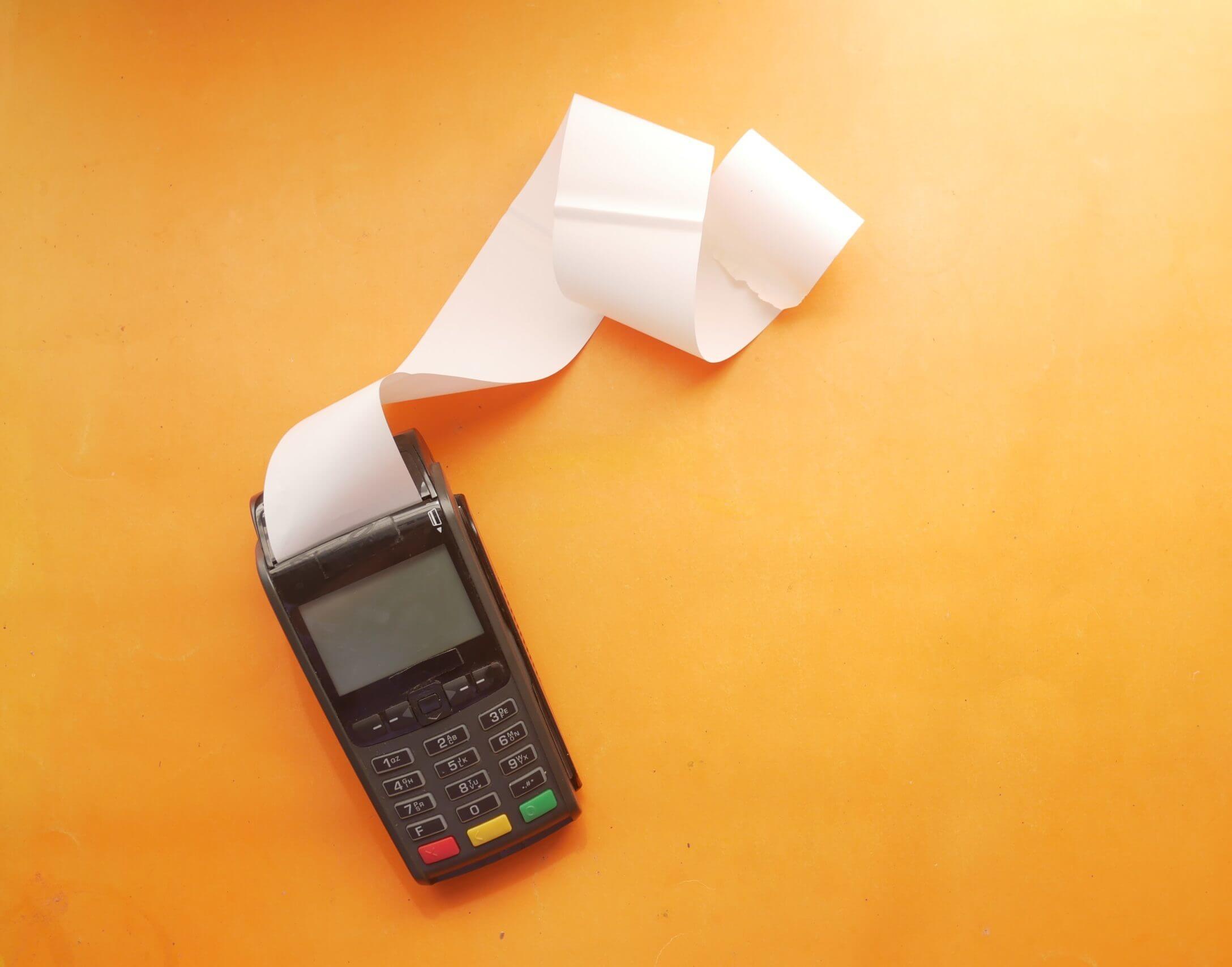
Amy, Research Community member
The cost of depression
16 January 2022
Thousands of people with mental health problems have no choice but to dish out cash for therapy, medication and more. In the midst of a cost of living disaster, affording vital mental health treatment will be impossible for many. This is my personal story of the financial costs of depression.
The surprise costs of depression
In 2020, I was diagnosed with moderate to severe clinical depression. It was emotionally, physically and spiritually crushing. When I found out about the surprise expenses that came with depression, another weight was added to an already unbearable load.
The first bill came through at £9.15 per month for antidepressants. This medication, along with NHS Cognitive Behavioural Therapy (CBT) was my prescribed course of treatment. However, after a few weeks of CBT, it became clear that this type of therapy simply didn’t work for me. In fact, I came to dread reliving my problems every session with nothing to show for it. The inadequacy of NHS CBT for me turned into trials with five different private therapists before I found someone I could make meaningful progress with. The therapist I ended up with charged an eye-watering £100 per session.
As time pressed on, depression-related expenses continued to roll in. I spent money on Vitamin D supplements every month. I bought self help books in the hope one of them contained a revelation. I subscribed to a meditation app that proved to be essential to keeping my mind out of the darkest places.
The costs per month
Since 2020, my mental health has improved significantly. I no longer have weekly therapy or anti-depressant medication. However, I continue to face extra costs every month that someone without depression wouldn’t.
I tracked my depression-related expenses across December 2022 to demonstrate a real life example of the financial cost of depression:
| Seasonal affective disorder therapy lamp | £60 |
| 2 therapy sessions | £240 |
| Meditation app subscription | £7.70 |
| Train ticket for cancelled plans | £24.20 |
| Total: | £331.90 |
If every month was like December, minus the initial cost of the therapy lamp which was a one-time purchase, my depression related extra costs would be £3,922.80 a year.
If I was still one of the 8 million people in the UK taking antidepressants every month, it would be another £112.20 on top.
The vicious circle
For me, therapy has been a lifeline. It has been the difference between struggling to even brush my teeth to finding a way to cope everyday. Without knowing how to cope, I could never have entered the workforce and earn the money I need to pay for treatments.
As inflation has soared to the highest level in a generation, many people with mental health problems could be forced to choose between therapy or eating. Without being able to afford the support needed, mental health will worsen, managing money will be harder, some may fall out of work. Money problems will get worse, the vicious circle will continue.
To break the cycle, the government needs to recognise the true scale of the mental health crisis, invest in mental health services and provide a wider variety of services so that every solution is on the table for people with mental health problems.
